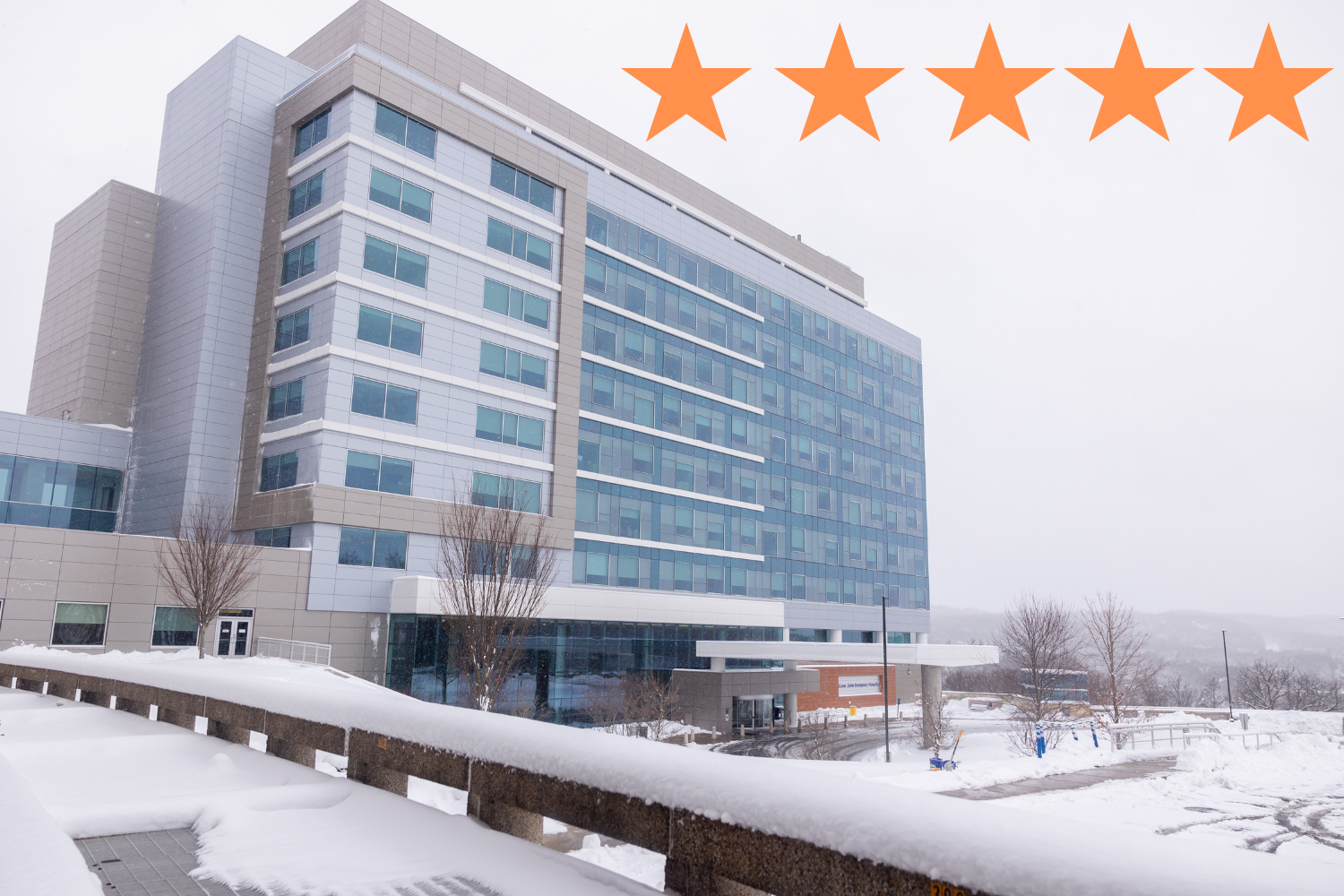The American public is growing increasingly skeptical about the safety of genetically modified (GM) foods. Despite consensus in the scientific community that foods containing GM ingredients are safe, nearly half of Americans believe otherwise. In 2016, a Pew Research Center survey found that 39 percent of the American public thought GM foods were worse for one’s health. That number climbed to 49 percent in a 2018 poll.
Researchers attributed the rise in health concerns to respondents with less knowledge of science. The researchers also cited that rapidly advancing technologies and changing regulations and definitions related to genetic engineering is leaving the public confused about the risks and benefits of GM foods. Younger adults are also more likely to consider GM foods a health risk.
In order to address misunderstandings about GM foods and provide information about the applications of genetic engineering in agriculture and other fields, a team in the College of Agriculture, Health and Natural Resources (CAHNR) is developing a professional development program to enhance science literacy for educators and young adults. The team includes UConn Hartford County 4-H Extension Educator Jennifer Cushman, Tolland County 4-H Program Coordinator Maryann Fusco-Rollins and Professor Gerald Berkowitz of the Department of Plant Science and Landscape Architecture.



